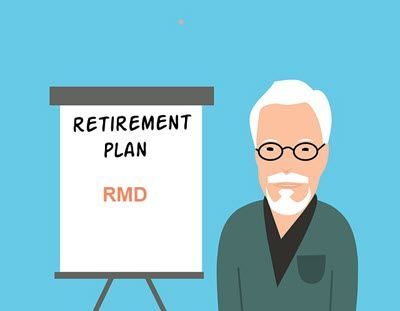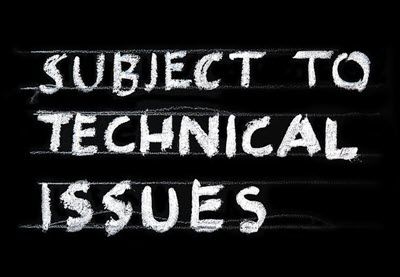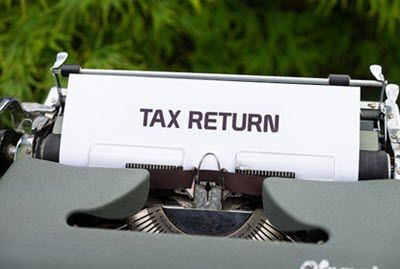Brookline, NH Resident Seeks Advice
There are tax deductions for those that have dependents living full-time in their household, the most common of which is the Child Tax Credit and Child and Dependent Care Credit. To qualify as a dependent, this can be a child that is under age 19 or under 24 if they are a full-time student. If the child is permanently disabled, you can qualify for these deductions regardless of age. Caring for aging relatives that are living in your home may also qualify for a tax deduction as a dependent if you are financially supporting them.









